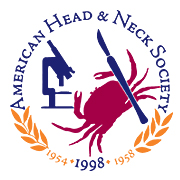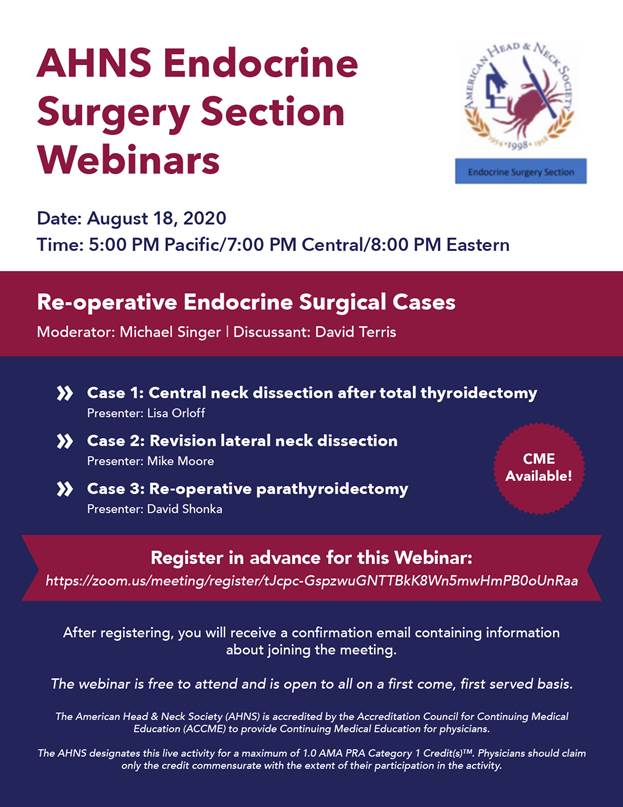AHNS Basic Science/Translational Newsletter Vol 4 – American Head & Neck Society
Association of Oral Human Papillomavirus DNA Persistence With Cancer Progression After Primary Treatment for Oral Cavity and Oropharyngeal Squamous Cell Carcinoma Carole Fakhry, Amanda L Blackford, Geoff Neuner, Weihong Xiao, Bo Jiang, Amit Agrawal, Maura L Gillison From JAMA Oncology, July 2019; 5(7):985-992. Article Review by Theresa Guo, MD Background / Hypothesis Recent retrospective studies …



